NYC Mayoral Candidate Bravely Proposes Public Safety Plan That Would Actually Work
As opposed to just adding more cops, which doesn't.
Somehow, who knows how or why, Andrew Cuomo is leading in New York City’s mayoral polls after having been forced to resign as governor of New York due to his little sexual harassment problem. That is certainly disappointing. Less disappointing, however, is the fact that coming in second is Zohran Mamdani, a Democratic Socialist who (as far as we know) does not go around grabbing at women and then weirdly blaming it on his ethnicity.
This week, The New York Times ran an article about how Mamdani is bucking an apparent trend of Democrats running centrist campaigns about how much they love cops and want to hire a million more cops and, instead, is proposing several measures that have actually been proven to reduce crime in other cities throughout the country. What a crazy progressive!
You see, instead of just hiring more cops, Mamdani wants to establish a Department of Community Safety that will address issues of public safety in smart, targeted ways beyond just cops stopping-and-frisking every Black person they see walking down the street.
Via the New York Times:
His 17-page public safety plan, which was released on Tuesday, does not call for hiring more officers, as several of his rivals have done. Mr. Mamdani, a state assemblyman from Queens, would instead create a city agency called the Department of Community Safety that would focus on expanding violence interrupter programs and mental health teams that respond to 911 calls. […]
Mr. Mamdani said he also would eliminate the Police Department’s huge overtime budget and a unit known as the Strategic Response Group that responds to protests.
His criminal justice platform is likely to appeal to his supporters on the left. But some voters appear to be tilting away from progressive strategies to reduce crime. The city moved to the right in the presidential election in November after President Trump portrayed the city as crime-ridden and raised concerns about violence by immigrants.
Most of the candidates in the Democratic mayoral primary have taken more centrist positions on policing. Crime has fallen in the city in recent years after a pandemic spike, yet felony assaults remain high and many New Yorkers worry about violence on the subway.
It’s a little strange, honestly, that this should be considered some wild, far-left idea. It’s not. It’s just far less lazy than throwing cops at the problem of public safety, particularly when the police so often make things less safe for so many people.
If your toilet breaks, you don’t call 911, you call a plumber. Similarly, there is no reason on earth for police to be the people who respond to mental health crises — especially since it’s not something that seems to work out very well. Given the choice between a plumber and a cop to handle such a situation, I’d go with the plumber every time. But I’d prefer a trained mental health professional.
From 2015 to 2021, police killed 1,400 people with mental illnesses. We’ve seen a lot of people killed by police, in especially horrific ways, during mental health crises. This is largely because the way that police handle things is not conducive to pacifying someone in such a state. Police react to being “disobeyed” with aggression, they come into every situation with a chip on their shoulder because they think people are always lying or trying to put one over on them, and they scare the shit out of people. We’ve seen the videos. They treat people having mental health episodes like they’re criminals trying to get away with stealing the royal jewels instead of human beings who just need help.
As Mamdani’s plan explains:
911 mental health calls have skyrocketed in the past decade, increasing by 37 percent. Meanwhile, studies show that NYC neighborhoods with mental healthcare provider shortages call 911 to address mental health concerns 27 percent more than areas without shortages. This is also true of areas with higher rates of homelessness and poverty. This burdens police with being mental health first responders, a role for which they are not equipped, and encounters which in fact too frequently lead to police violence and even death.
Mamdani’s plan also involves expanding access to mental health care across the city, so that people don’t end up having these crises in the first place.
That’s just one part of it. The Department of Community Safety will also address gun violence before it happens instead of just punishing it afterwards, largely by investing heavily in the city’s Crisis Management System — which, from 2010 to 2019 reduced shootings by 40 percent in the areas where it was implemented. It will address hate crimes in a variety of ways, including youth-focused programs that have proved effective in other areas of the country.
As his proposal demonstrates, everything Mamdani suggests has already been proven to be effective in other communities. Comparatively, studies have found that adding more police officers to a force has, at best, a statistically insignificant impact on crime.
But that, admittedly, is not what a lot of people want to hear — just like they don’t want to hear that torture doesn’t actually elicit true confessions or that long prison sentences and the death penalty don’t actually reduce crime. The “tough” solutions are what make people feel good and make them feel safe, regardless of whether or not they actually are more safe. The “touchy-feely” solutions, even if they work, tend to just make people angry.
It says something about Mamdani that he’s actually committed to doing what works and not just what makes people feel good for ten seconds before they forget about it entirely.
PREVIOUSLY ON WONKETTE!



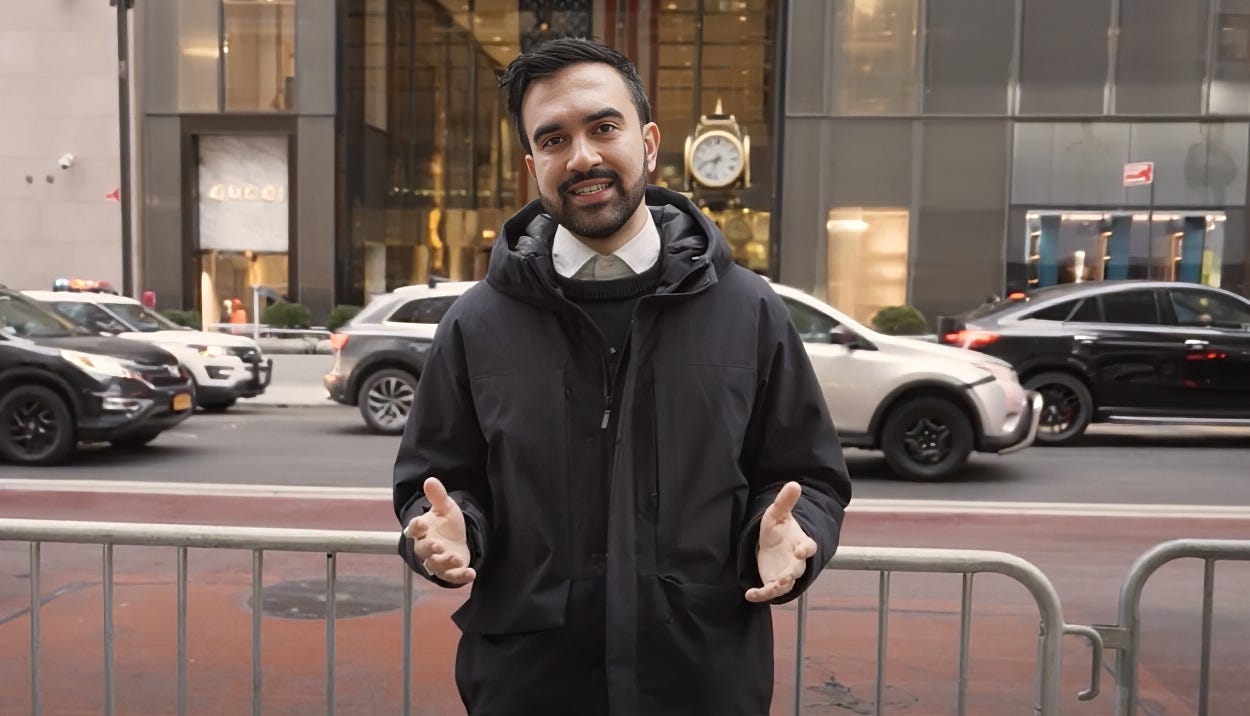
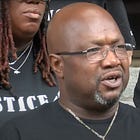
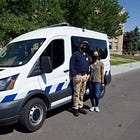
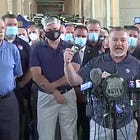
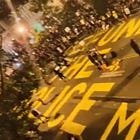
I signed a petition for that guy to get on the ballot.
I like it.
I also like Japan's idea of putting small police kiosks in neighborhoods with two or three officers. Places the public can go to report a disturbance, turn in lost items, ask directions or questions, and generally interact with officers in a more public service sort of fashion instead of criminal justice.
Putting the same cops in the same neighborhoods also lets folks get to know them better and lets the cops get to know the people of the community.